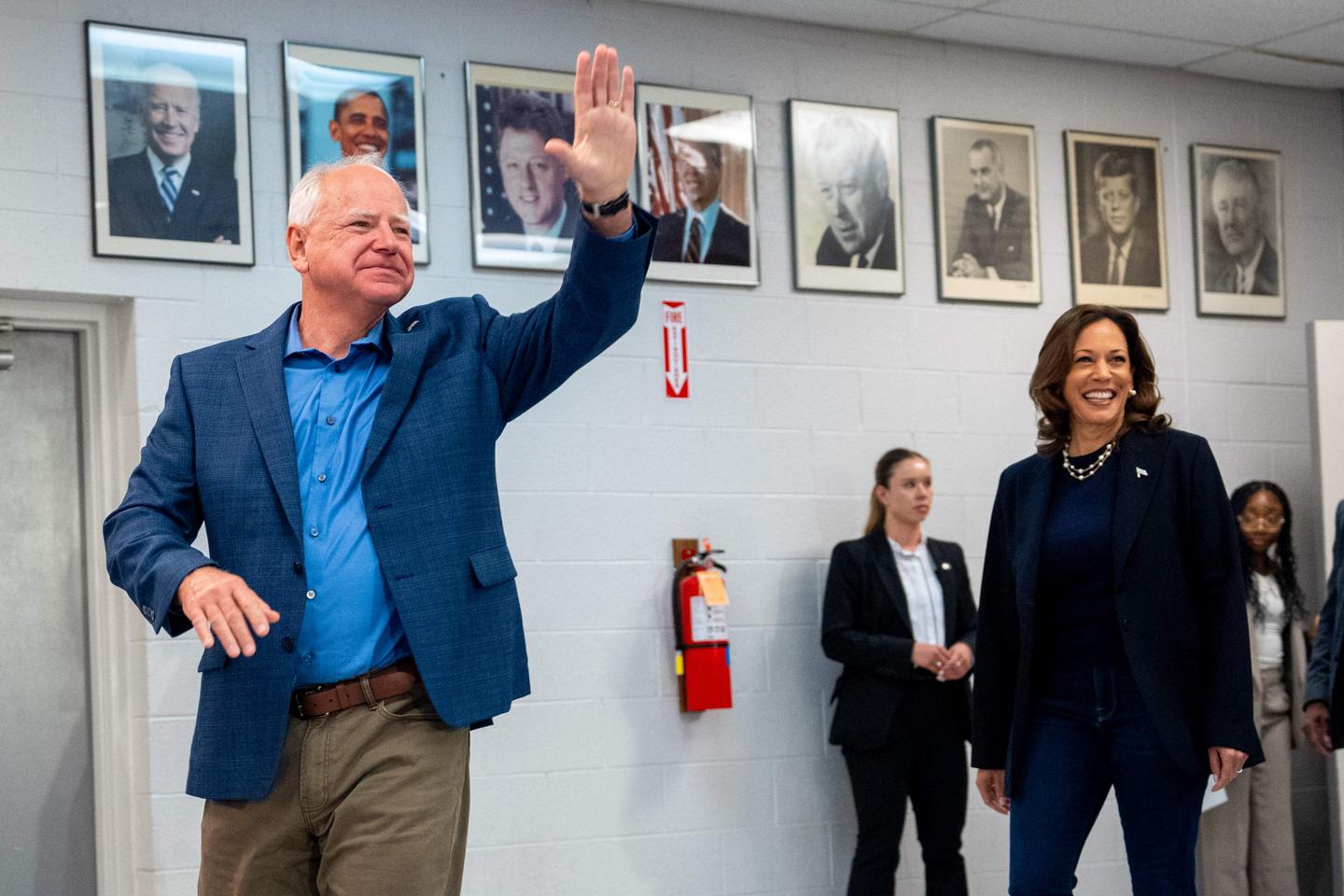


Certain to secure the Democratic nomination at the convention that begins in Chicago on August 19, Kamala Harris announced the name of her running mate three weeks after Donald Trump. Since then, the Democratic governor of Minnesota, Tim Walz, and the Republican senator from Ohio, JD Vance, have occupied much of the campaign's media coverage. They are indeed important for three reasons.
First, the institutional role of the vice president has grown, with Walter Mondale (1928-2021), Al Gore and then Dick Cheney gradually strengthening the position. Second, since 1945, vice presidents have been more likely to reach the White House: Harry Truman (1884-1972), Lyndon Johnson (1908-1973), Richard Nixon (1913-1994) and Joe Biden all took that route. These developments give the chosen figures greater importance than when the post was seen, according to the biographer of vice president Adlai Stevenson (1893-1897), Jean H. Baker, as "a final resting place for has-beens and never-wases." But there's another aspect that gives them weight: their potential impact on the election.
Christopher Devine and Kyle Kopko describe three possible impacts in their book Do Running Mates Matter?. Firstly, there is the direct effect, with voters' opinion of a running mate altering their vote as such. Then there is the targeted effect, with some voters who share a running mate's sociodemographic or ideological profile deciding to change their vote on that basis. And finally, there is an indirect effect, with the choice of running mate altering voters' perception of the presidential candidate.
Balance or reinforce
The direct effect is weak and short-lived: Running mates are often little-known when they are selected, and the voters' opinions gradually form is linked to their own ideological positioning rather than to the candidates' qualities. For example, a Republican voter will like Vance because he is Trump's running mate, more so than because he is a good speaker, a conservative, a family man, etc. Both Vance and Walz had poor name recognition before they were chosen: According to Ipsos, 61% and 86% of Americans, respectively, did not know them. So they couldn't sway a significant number of voters, and the opinion of them that Americans are in the process of forming is determined by their vote rather than changing it.
The targeted effect is often taken into account when choosing a running mate: The aim is to select a complementary figure in terms of experience, positioning and profile. There's little doubt that Harris, an African American woman from California, wanted to "balance" her ticket by nominating a White man from the Midwest. By contrast, some candidates have sought to "double down," choosing a running mate who reinforces their assets: The Bill Clinton / Gore ticket in 1992 comprised two young, moderate politicians from the South. It was undoubtedly this strategy that led to the choice of Vance, a politician who, while younger than Trump, has exactly the same nativist, anti-system orientation.
You have 44.73% of this article left to read. The rest is for subscribers only.
